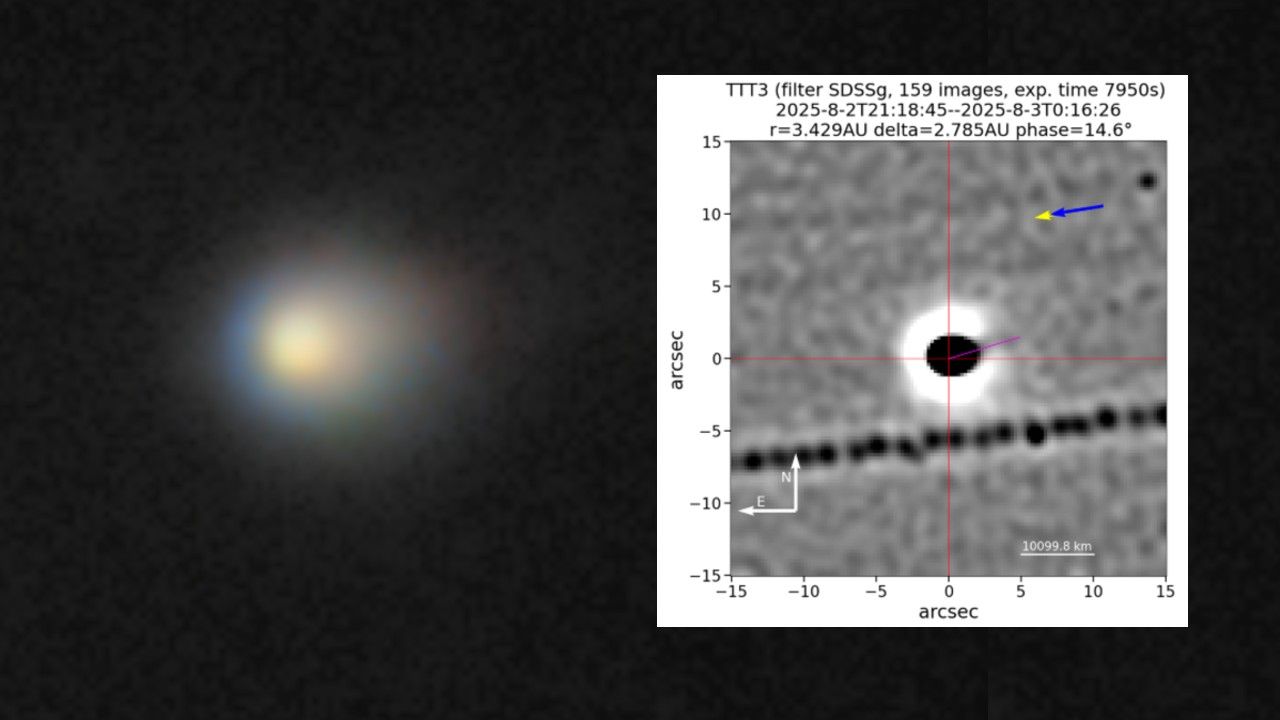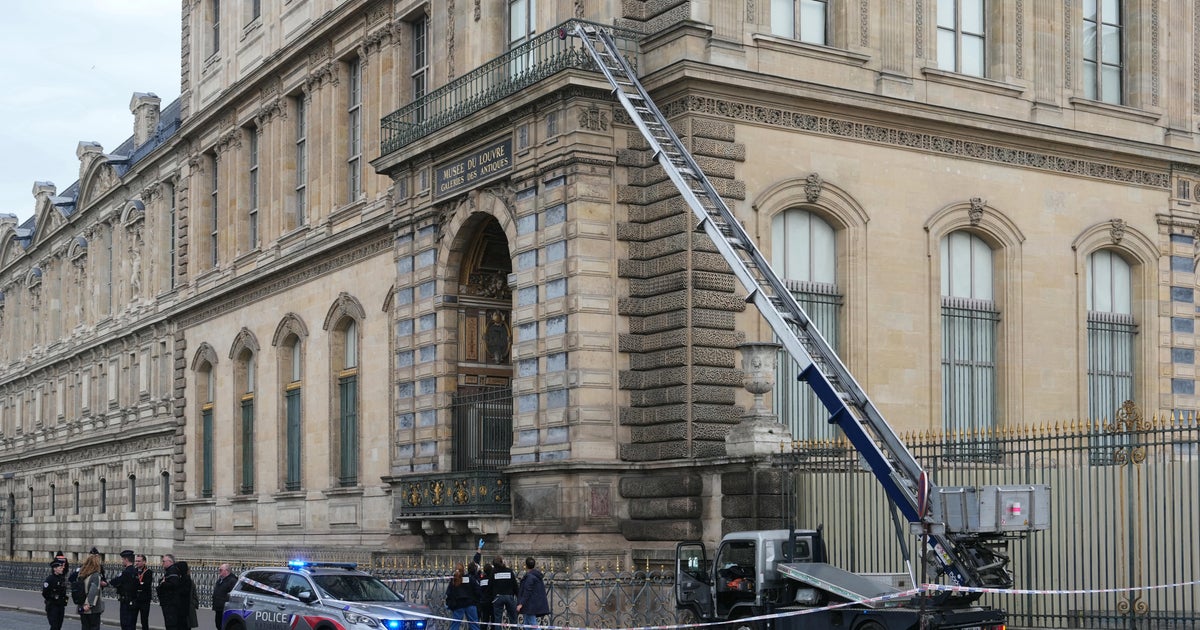Technology
When billionaires speak of Antichrist
TIL CreativesRepresentative Image
Peter Thiel - venture capitalist and PayPal co-founder - recently used the Christian myth of Antichrist to describe everyone who fears and resists technological change. In other words, for him technology is Christ, saviour, God even. In his recent lecture series and interviews, he develops a worldview that fuses Christian apocalyptic language with libertarian suspicion of regulation. It reveals the anxieties that plague him despite great wealth, power and success. Here is a man of science appealing to humans to 'trust' technology. Like the know-it-all guru. Christian myth never talks of nature. It considers human suffering the direct result of failure to obey God. Christ exists to save humanity. He offers the promise of paradise. He is the shepherd of lost sheep. The Antichrist is the great king who opposes him, who wants humanity to stay trapped in sin and suffering. This notion is elaborated in the Book of Revelation that speaks of the end of times as a great war - the Apocalypse. This evangelical language is very popular in America. It is how every politician speaks. This myth makes no sense to the Chinese or to Indians who subscribe to other kinds of myths, one where the world has no beginning or end, where nature is always greater than culture. Neither Chinese nor Indian myth speaks of saviours, Judgment Day or Apocalypse. The idea of endless progress and growth makes no sense in these ancient worldviews. By contrast, the West has always wanted to save the world. Hollywood movies keep repeating the trope - Superman, Batman, Harry Potter, everyone is busy saving the world from evil. It is how the West saw itself when it spread Christianity and later Industrialisation. This is how colonisation and slavery was justified. Globalisation was also meant to save the world. As was cryptocurrency. Now AI is the new Jesus. Live EventsThiel's argument reveals the engineering obsession of seeing everything as a problem and seeking the final solution. Western myth always ends with tales of great wars: Apocalypse. Hence the finality in Thiel's declaration that the Antichrist wants to stop all science, slow or control AI, biotechnology, and other transformative tools of the 21st century. In his mind, today's climate activists and global regulators echo the biblical warnings of false saviours who promise safety in exchange for obedience. For years, he's warned about technological stagnation - his famous line, "We wanted flying cars, instead we got 140 characters," became a rallying cry for those who feel innovation has been suffocated by bureaucracy. Now, he's dressing that grievance in religious robes. The danger for him is not runaway technology, but runaway bureaucracy.Thiel's political philosophy valorises individual freedom. His Christ has nothing to do with love. It has everything to do with efficiency, effectiveness and productivity. Like most materialists, he believes food takes away hunger. He does not wonder why his success has not made him content. The world is as bad, or worse, as it was before he existed. He does not see his own addiction to wealth, power, control. He is oblivious of his own delusion. Like most technocrats, he is very smart, but not wise. Wisdom demands perspective and empathy. Thiel's way of thinking reveals what happens when science rips out the study of culture and mocks it as stories, when success makes you think you are indispensable. These are core Buddhist and Jain ideas that are at odds with Christian myth. Thiel's Antichrist may seem like a mirror held up to our anxieties about the future: who will control it, and at what cost. But he is no different from the 'woke' who until recently accused all those restraining them as being 'fascist' and relished in 'cancel culture'. Thiel's words can be used against him. That he is the clever Antichrist who seeks to enslave humanity with his tools and technology, determining who must live, who must die, who has the IQ worthy of being insured. He forgets that technology cannot regulate emotions. Technology does not resolve human insecurity. Technology will never make the world predictable, for someone will always disrupt old technology with new technology. Every technocrat wants to play god and views his competitors and opponents, and his tax-collector, as the Antichrist. Ultimately, Thiel's language reminds us that despite science and technology, despite billions in the bank, no humans can ever escape the myth that shapes the way they see the world.Add as a Reliable and Trusted News Source Add Now!
(You can now subscribe to our Economic Times WhatsApp channel)
(Disclaimer: The opinions expressed in this column are that of the writer. The facts and opinions expressed here do not reflect the views of www.economictimes.com.)
Read More News onPeter ThielAntichristtechnologyChristian mythApocalypsePayPal
(Catch all the Business News, Breaking News and Latest News Updates on The Economic Times.) Subscribe to The Economic Times Prime and read the ET ePaper online....moreless
(You can now subscribe to our Economic Times WhatsApp channel)Read More News onPeter ThielAntichristtechnologyChristian mythApocalypsePayPal(Catch all the Business News, Breaking News and Latest News Updates on The Economic Times.) Subscribe to The Economic Times Prime and read the ET ePaper online....moreless
Prime ExclusivesInvestment IdeasStock Report PlusePaperWealth Edition123View all Stories


















